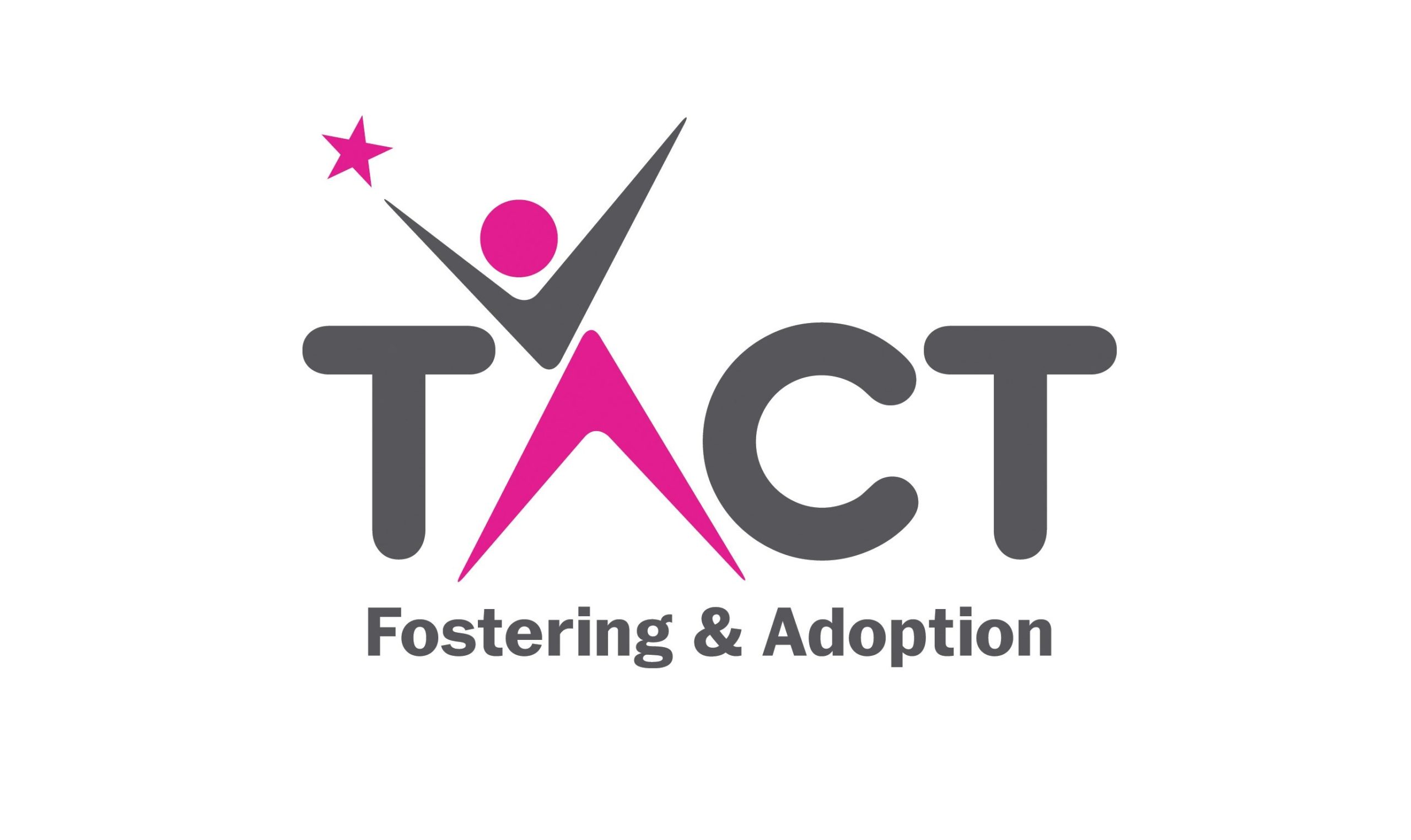The UK’s leading fostering charity, TACT, welcomes the Ofsted report on matching in foster care. We are pleased that it highlights the importance of providing foster carers with balanced, full and asset-based information about children. Too often information is partial and focused on negative factors. One young person described the information provided to his foster family about him as “the greatest hits of the worst things that have ever happened to me”
TACT agrees that foster carers who feel empowered and confident in their role as part of a wider professional team are typically more likely to ask for more information about children than those who do not. It is crucial that foster carers are fully respected and that information is not withheld from them, as they are the ones who will have the care of the child and who most need honest, positive and fulsome information.
The challenges of supporting contact with birth family is also mentioned and we ask again that foster carers and birth family are allowed to agree on the practical arrangements for contact. Arrangements set by social workers, or even worse, the courts, tend to be inflexible and not in tune with the realities of the child’s weekly routine. They are also far less easy to change if the child, birth family or foster family have the need to, in order to accommodate other activities.
TACT is also in agreement that it is desirable that children’s ethnicity, culture, language and faith match the background of their carers. However, the reality is that a cultural match is not always possible, so we feel that it is also important that all foster carers are given the appropriate training, confidence and necessary financial support to meet the specific cultural needs of the children placed with them. We want the DfE and Local Authorities to recognize these associated extra costs, such as afro hair care, and that provision of additional allowances are made available.
One of the significant issues raised in the report is the absolute lack of choice that is often the reality when seeking to match children with foster families. It is clear that we need additional foster carers, but again and again the DfE are prepared to fund national advertising campaigns to encourage people to adopt while ignoring fostering. At this unprecedented time when so many people are having to look to make a change in their lives it is an ideal opportunity for a national advertising campaign to promote fostering. Having a sufficient pool of foster families would have a very positive impact on matching and the on the lives of many vulnerable children.



